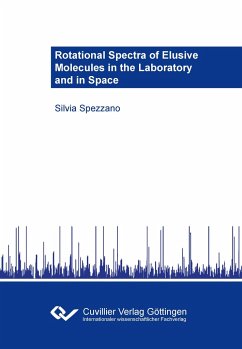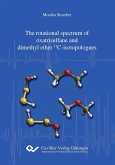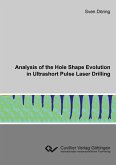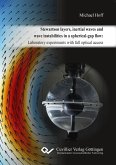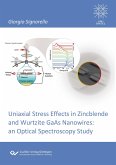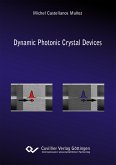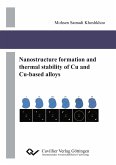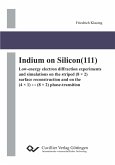Molecules are important tools to unveil the history, the structure and the evolution of the Universe. In this thesis I underline the importance of high resolution spectroscopy in the laboratory and in space, and the symbiotic bond between laboratory spectroscopy and radioastronomy. My work is divided in two parts. The first part concerns high resolution spectroscopy of unstable molecules in the laboratory. The second part deals with radioastronomical observations of deuterated molecules in dense cores. The rotational spectra of CO+, 13CO+ and C18O+ in the v = 0 and 1 vibrational states have been measured in the submillimeter-wave range. Furthermore, the first THz spectra of the main isotopic species have been measured. An isotopically invariant fit has been performed, and a set of independent molecular parameters has been derived. The measured and predicted high frequency transitions of CO+ will guide new astronomical observations. Furthermore, an experimental setup to produce and probe ions in the laboratory, based on a new cryogenic discharge cell, has been developed and tested. The new experiment is presented, and some possible implementations for the future are discussed. The doubly deuterated cyclopropenylidene, c-C3D2, has been detected for the first time in space toward the starless cores TMC-1C and L1544. The chemistry that leads to the formation of c-C3D2 has been studied and is discussed in this thesis. The observed abundances c-C3D2 can be explained solely by gas-phase processes, supporting the idea that c-C3H2 is an excellent probe of gas-phase deuteration. Furthermore, l-C3HD has been tentatively detected towards TMC-1C and L1544. l-C3HD is the monodeuterated isotopologue of the linear isomer of cyclopropenylidene, propadienylidene.
Hinweis: Dieser Artikel kann nur an eine deutsche Lieferadresse ausgeliefert werden.
Hinweis: Dieser Artikel kann nur an eine deutsche Lieferadresse ausgeliefert werden.

